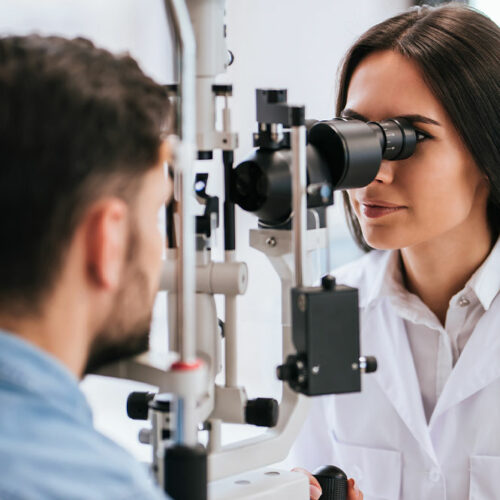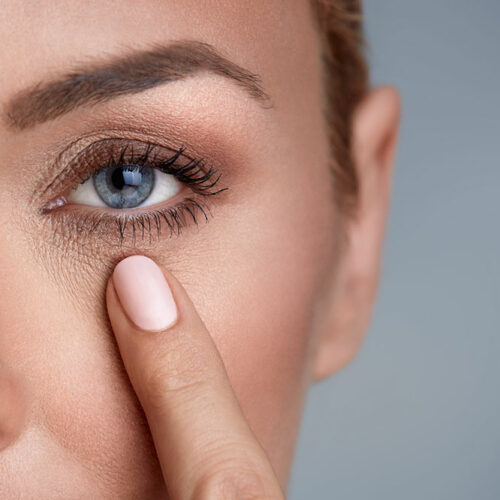Top 4 questions to ask when consulting an ophthalmologist

Eye checkups are incredibly important as they help diagnose common eye-related disorders such as glaucoma, macular degeneration, and cataract in their early stages. Frequent visits to an ophthalmologist can keep eye-related diseases and infections at bay. However, it is normal to have questions before and after an eye exam. Sorting out one’s concerns helps in the preparation and better management of vision health. Here are a few important questions one must ask an ophthalmologist. Important questions to ask the ophthalmologist What tests will I be undergoing today? Typically, an eye test or an eye exam is a test of the patient’s vision.






